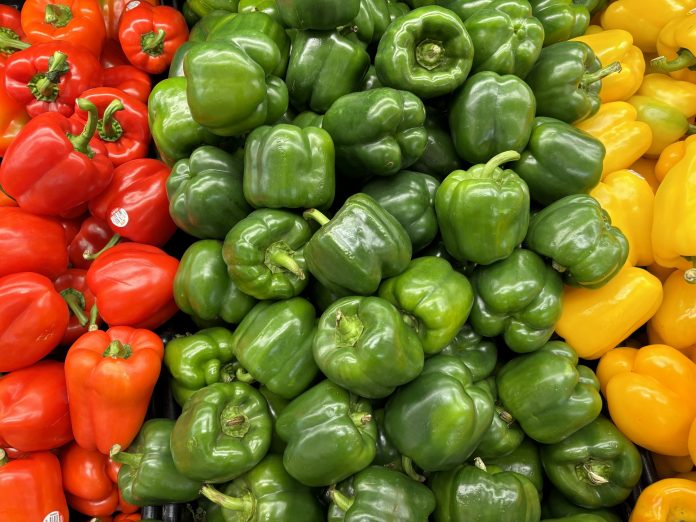The Durham Food Policy Council (DFPC), is an organization that has a mission to transform the Durham Region into a food secure community that is both financially and environmentally responsible, as well as socially just.
Since it was founded in 2010, the DFPC has been working to build a resilient local food system by fostering collaboration between community organizations, businesses and government.
The council was established following the 2009 endorsement of the Durham Region Food Charter, which provided the framework for a sustainable food system. Over the years, the DFPC has helped push for community food security, food sovereignty and sustainability.
Mary Anne Martin, DFPC secretary, said that the council’s efforts centre on education and advocacy.
“We aim to educate people about food security and its roots,” Martin said. “We do that through social media, our website and our recently released report card. We also advocate for basic income so that people have adequate funds to afford a healthy diet.”
One of the council’s key goals is to foster communication between community groups, businesses and government bodies to address food security. According to Martin, the development of the Durham Food System Report Card is a great example of how collaboration can lead to change.
“The development of the report card was a real success story,” Martin said. She explained that the report card helped bring together a number of organizations, including Feed the Need in Durham, the Nourish and Develop Foundation and the Region of Durham.
The council has also helped bring together academic institutions and schools, such as Carleton, Trent and Toronto Metropolitan University. “We reached out to people to find out what was happening in the community, and really tried to understand the priorities for Durham’s food system,” Martin said.
Through interviews, surveys, roundtables and symposiums, the DFPC gathered data and key information on food access and security across the region. The report card provides an accessible overview of the current state of Durham’s food system and serves as a guideline for future progress.
The most recent Durham Food System Report Card, released earlier this year, highlights several concerning trends. One of the most significant findings from the study is the decline in the number of farms across the region.
“The number of farms in Durham Region has decreased by 17.5 per cent since 2011,” Martin said. “However, the size of farms is increasing, which could be a factor in shifting agricultural practices.”
The report also revealed some troubling statistics regarding food insecurity. Between 2018 and 2020, 15.5 per cent of Durham households were classified as food insecure, a number that highlights the ongoing struggle many residents and families face in accessing healthy, affordable food amid a steadily rising market.
There were, however, some positive findings as well from the report card. Seventy-five per cent of Ontario farms have completed at least one environmental plan, demonstrating progress toward sustainable agricultural practices.
While the DFPC is making strides, the council still faces some significant challenges. Martin pointed to capacity and funding as some obstacles for the small scaled organization.
“We’re a fairly small council, and we don’t have a lot of capacity right now in terms of people,” she explained. “We also don’t have any ongoing funding, which limits our ability to expand our efforts. Plus, with everyone strapped for resources, it’s difficult for other organizations to fully support our goals.”
Despite these hurdles, the DFPC continues to push forward, always seeking new members and volunteers from the community. Volunteers help with research, communication, advocacy and general tasks, ensuring the council remains active in the community.
“Our volunteers do all kinds of things,” Martin said. “They help with communications, research, letter writing, advocacy and reaching out to community members. We rely heavily on them to keep things running smoothly.”
At its core, the DFPC is a citizen-led organization that remains deeply interacted and connected to the Durham Region. By partnering with local groups that support food insecure residents and using tools like the Food System Report Card, the council maintains a strong connection to people who are the most affected by food insecurity in Durham.
“We’re a citizens food policy council, so we’re community based and grassroots,” Martin said. “We partner with local organizations that support food insecure people, and we really try to stay connected with our community through education and monitoring progress.”
As the Durham Region continues to grow, the DFPC remains committed to their mission of building a just and sustainable food system. Through advocacy and community engagement, the council has laid a solid foundation for a food secure future.




